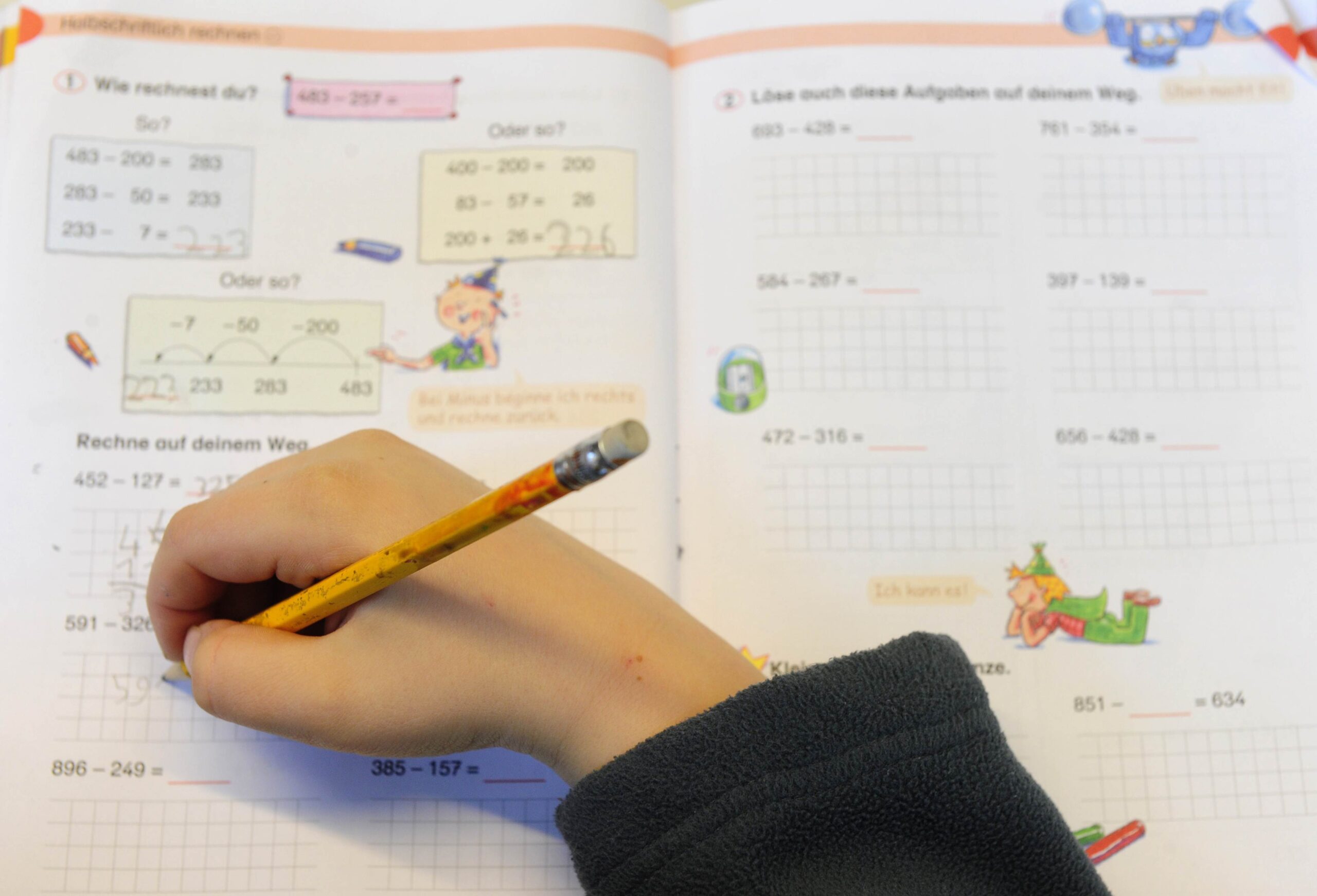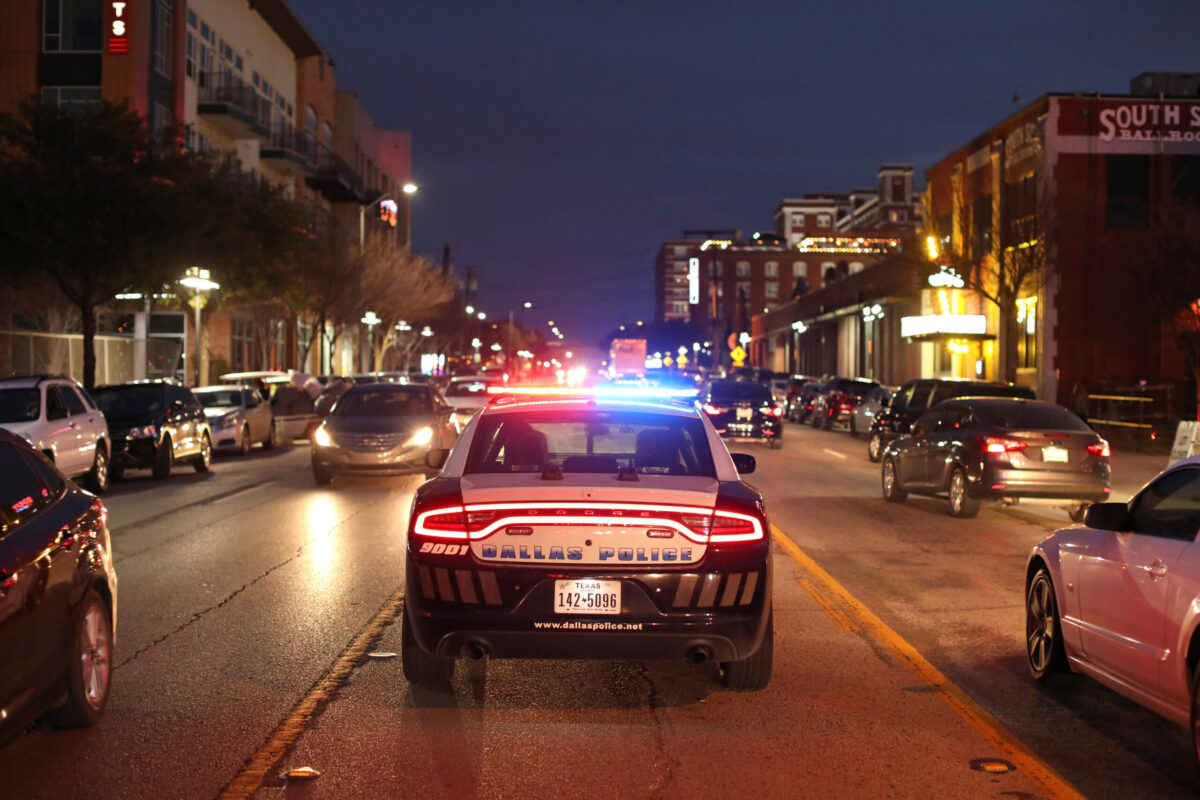11th Circuit Asks Florida Supreme Court to Define Terms of Anti-Riot Law
It must decide whether the 2021 anti-riot act in Florida violates the U.S. Constitution, the 11th U.S. Circuit Court of Appeals asks the Florida Supreme Court for definitions “public disturbance.”
The “Combatting Violence, Disorder, and Looting, and Law Enforcement Protection Act” (pdfFlorida Governor. Ron DeSantis was signed into law April 19, 2021. This measure was created in response to the riots in 140 cities in 20 states after George Floyd’s death in Minneapolis, Minnesota in 2020.
Property Claim Services calculates property damages caused by natural disasters in the United States. They estimated that $1 billion to 2 billion of the damage resulted from the riots between April and July 2020. This is the largest insurance payout in American history. Axios reported.
The legislation was introduced by DeSantis on September 21, 2020.
“Our right to peacefully assemble is one of our most cherished as Americans, but throughout the country, we’ve seen that right being taken advantage of by professional agitators, bent on sowing disorder and causing mayhem in our cities,” DeSantis said.
“I will not allow this kind of violence to occur here in Florida,” DeSantis asserted. “The legislation announced today will not only combat rioting and looting but also protect the men and women in law enforcement that wake up every day to keep us safe. I look forward to working with the Florida Legislature next session to sign this proposal into law.”
What the law means to Floridians
The law also makes it a third degree felony to cause bodily harm to others. “to obstruct traffic during an unpermitted protest, demonstration, or violent or disorderly assembly” that consists of seven or more people, and provides civil immunity from liability for drivers who cause injury or death in an effort to flee for safety from a mob, according to a fact sheet released by the governor’s office.
A new law charges people with harassing or inciting others in public places such as restaurants. People who damage or deface monuments or public property will be charged as a second-degree felon. The mandatory minimum sentence for striking a policeman with a projectile or physical blow will be six months.
The law also dictates that people arrested for such violations must “be held in custody” They will not appear in court until they make their first appearance.
On Sept. 9, 2021, the U.S. District Court for the Northern District of Florida issued a preliminary injunction against the law (pdf).
Now the 11th Circuit is asking the Florida Supreme Court to interpret the new meaning of “public disturbance” as amended in state law.
In her Jan. 10 opinion (pdfCircuit Judge Jill Pryor stated the following: “the proper interpretation of the statutory definition is a novel issue of state law that the Florida Supreme Court has yet to address. After careful consideration, we exercise our discretion to certify a question to that court to determine precisely what conduct the definition prohibits.”
Atlanta’s 11th Circuit is asking the Florida Supreme Court for clarifications. “willfully participate in a violent public disturbance involving an assembly of three or more persons.”
“Is it something more than ‘three or more persons acting with a common intent to assist each other in violent and disorderly conduct resulting in injury to another person, damage to property, or imminent danger of injury to another person or damage to property’?” Pryor asked.
Pryor also wants information “what conduct is required for a person to ‘willfully participate in a violent public disturbance.’”
“Can a person ‘willfully participate in a violent public disturbance’ without personally engaging in violence and disorderly conduct or advocating for violence and disorderly conduct?” She was curious. “If so, what level of ‘participat[ion]’ is required?”
“To obtain a conviction, does the State have to prove beyond a reasonable doubt that the defendant intended to engage or assist two or more other persons in violent and disorderly conduct?” Pryor also asked. “If not, what must the State prove regarding intent?”
Lastly, Pryor wants Florida’s high court to clarify whether a person can be “guilty of the crime of riot if the person attends a protest” This eventually leads to “a violent public disturbance in which three or more people” Help each other to destroy property.
Stopping Traffic, Beating Bystanders
During the 2020 riotsThere are a total of? people blocked traffic Threatened drivers, which includes a disabled man Kentucky
Black Lives Matter (BLM), a far-left extremist organization, and Antifa rioters forced a man to wreck his truck in Oregon. dragged him from his vehicle To knock him unconscious. A truck driver was struck unconscious in Minneapolis. trying to escape In an attempt to escape, a mob drove his truck through the crowd. They surround his vehicle and drag him out. He was taken into custody and charged with felony threat of violence. The charges were eventually dropped.
There have been several instances BLM protesters surrounding and threatening people Outdoor dining areas in Florida and Texas as well as historic monuments throughout the country were available for you to enjoy. defaced, toppled, and destroyed.
There were more than 2,000 police officers injured during the protests and riots in 2020, according to the Major Cities Chiefs Association.
Hundreds of rioters were released or had their charges dismissed.
Protecting the Taxpayer and Citizen
The new law contains measures that ensure the protection of Florida’s citizens and their tax dollars.
The law’s prohibition of “Defund the Police” If they take law enforcement services out of their budgets, it is forbidden for any local government body to receive state aid or grants.
The law does not apply “sovereign immunity,” In cases of gross negligence in protecting property and citizens, it is possible for victims of crimes related to violent protests to sue their local government.
It also terminates the state benefits of anyone convicted of participating in a violent protest as well as making them ineligible to hold state or local government jobs, and prohibits bond or bail until their first appearance in court.
" Conservative News Daily does not always share or support the views and opinions expressed here; they are just those of the writer."






